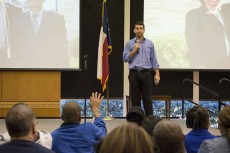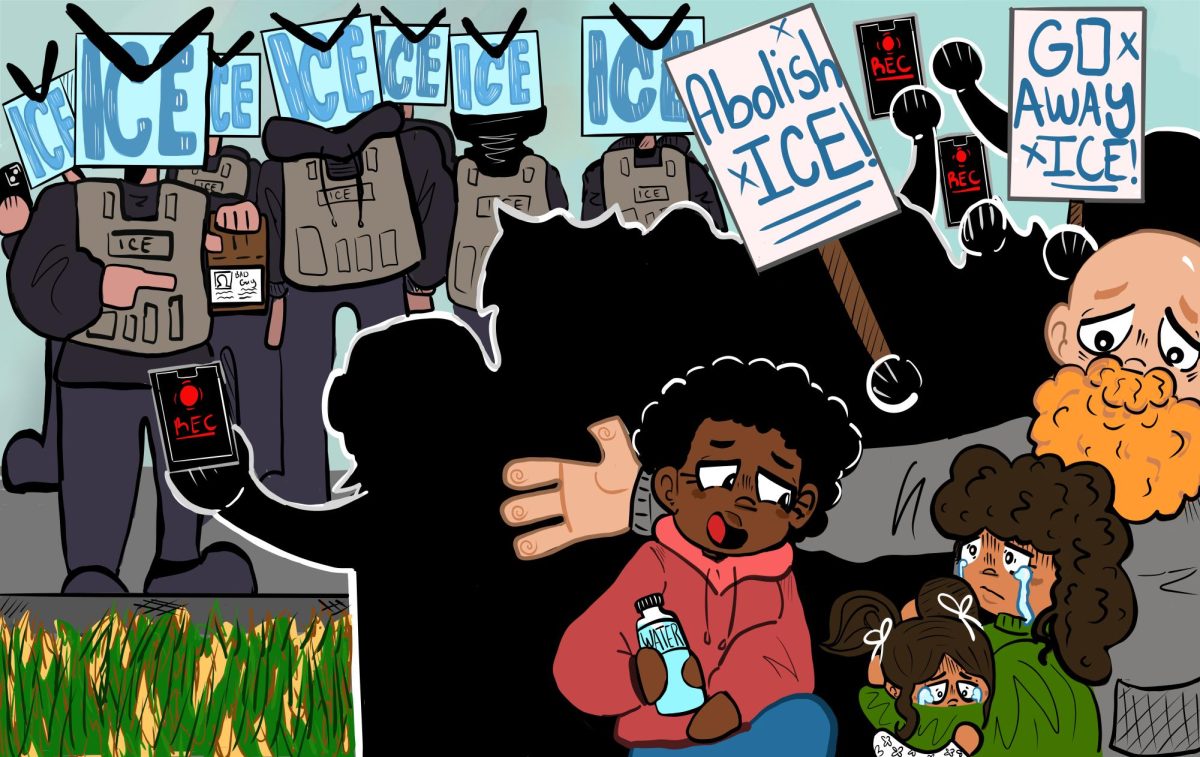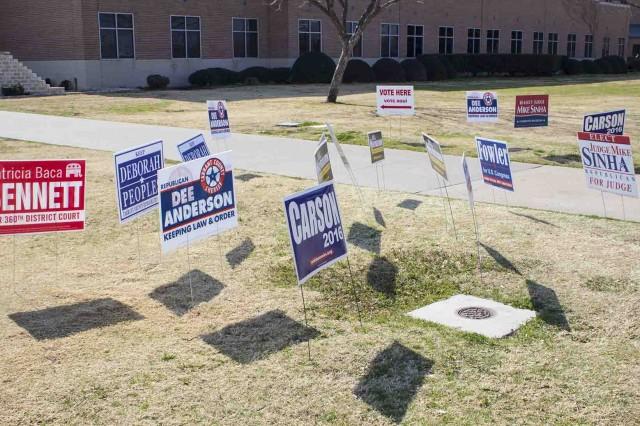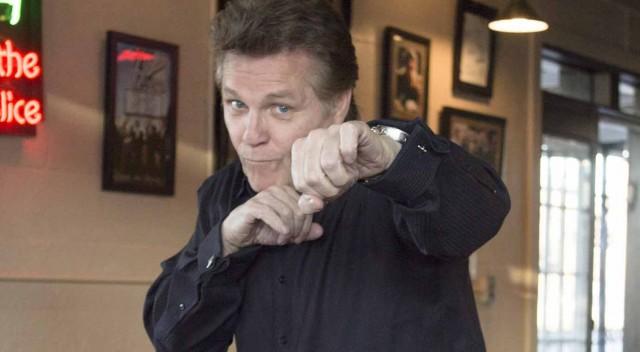By Karen Rios/ reporter

Karen Rios/The Collegian
Students with autism can overcome the transition from high school to college, and a SE guest speaker proved it Feb. 16.
Daniel Durany, an advocate for autism awareness, explained the stigma of autism and discussed his experience in dealing with autism during college, which allowed him to receive a Bachelor of Science degree in communication studies from Texas Christian University.
The biggest obstacle for students with autism is to overcome fear, he said. Fear of failure and change makes transitions more difficult.
Fear tends to sneak in because people with autism struggle with hyper-focus, which occurs when they become “obsessed” with something. Being hyper-focused can challenge the transition because willingness to change decreases.
Someone with autism often becomes in love with a routine and doesn’t wish to change it. Durany said that change takes a lot of energy.
Students with autism should really focus on the “transition,” going from a high school mentality to a college mentality and preparing for every situation that may arise, he said.
Durany suggested students see what they were good at in high school and continue learning it in college.
“Take summer classes and find out if college is for you,” he said.
Unchartered territory, an unmapped or unexplored situation, is something that students with autism struggle with during the transition, Durany said.
Unchartered territory occurs when students get new teachers, meet new people, go to a new campus and any other changes that happen during college, and it leads to one’s accountability dropping, Durany said.
“The bigger the transition, the bigger the accountability that needs to happen,” he said.
To get that accountability back, one needs to build relationships. Durany suggested students meet new people, find an advisor and find someone they can go to for help.
Once students have overcome those struggles, they should use all the resources that are given to them, Durany said.
He suggested parents keep all the Individualized Education Program documents they are given through high school because the resources they receive in public school can be carried through to college.
Some of those resources can be unlimited testing, different settings for testing, math tutors and even someone to do the student’s note taking. Colleges will also have resources already put in place.
“There are more resources in college than there are in K-12,” he said.
He believes academically colleges provide enough resources for students with autism but need more improvement with “campus life,” such as transitioning into dorm living, getting new roommates and meeting new people.
College is more than academic gain. It’s also about personal gain, Durany said. It helps autistic students with social skills and change.
Durany urged students not to quit once they have decided to attend college and to embrace it.
“Embrace the moment, embrace the struggles and embrace the success,” he said.
Once a student has embraced the opportunity, Durany said they should find their “niche,” something they want to do, and something they can do. Finding one’s niche helps tackle unchartered territory and accountability, he said.
One must “weather the storm” to be successful in the long run, Durany said.
“Until you put your two feet in there, it’s not going to happen,” he said.
























